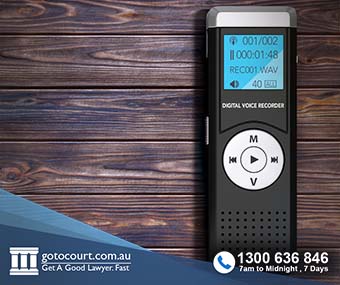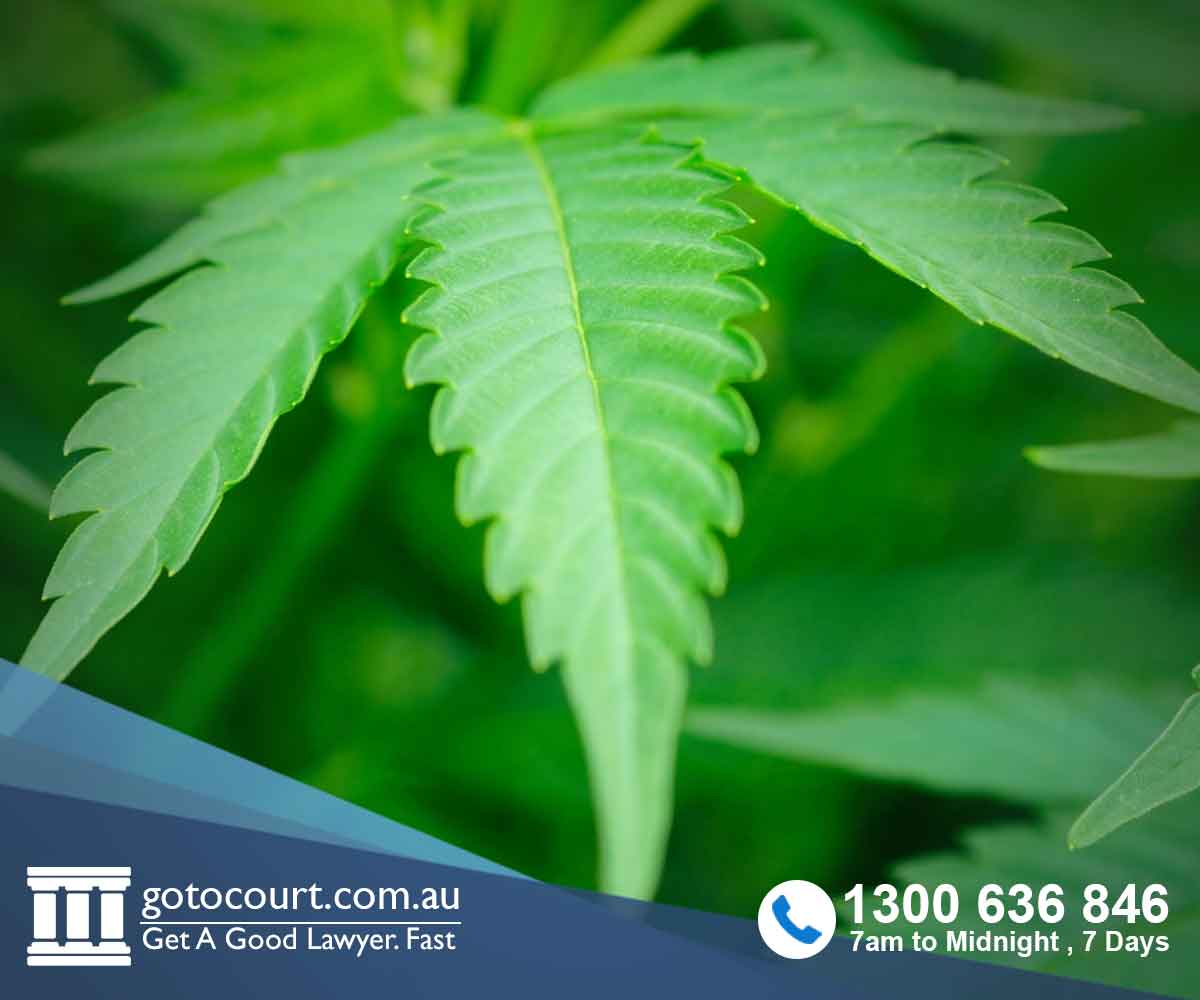Age of Criminal Liability in Tasmania
In Tasmania, no child younger than ten may be arrested or convicted of a criminal offence. In fact, the age of criminal liability is ten years in all Australian states and territories. The Criminal Code Act 1924 dictates that no act or omission by a person under ten is an offence. Additionally, no act or omission by a person under 14 years old is an offence if they do not understand their actions. Even those children who do have criminal liability are treated differently in the criminal justice system under the Youth Justice Act 1997. This article explains the age of criminal liability in Tasmania and the defence of immature age.
Policy background to the defence of immature age
A child of immature age is not held criminally responsible for their actions in Tasmania. This recognises that developmentally, an adolescent brain is more prone to peer pressure, risk-taking behaviour, and impulsivity. The justice system also acknowledges that a child is more likely to be capable of change and rehabilitation.
While a child under ten cannot be held responsible for their actions (or inactions), a child under fourteen is also immune to prosecution if they are incapable of understanding the significance of their actions. The policy reason for this law is that children between ten and fourteen have less advanced neurological development than older teenagers. As such, there is a legal presumption that a child under fourteen years is doli incapax (incapable of committing a crime).
When a child under fourteen is accused of a criminal act, the prosecution must prove that the child knew their behaviour was not just “naughty” but seriously wrong. However, it is important to acknowledge that the application of doli incapax does not prevent a child from entering the Tasmanian criminal justice system in the first place. A child offender may not be convicted of a criminal offence due to this legal principle, but the child will still experience extreme stress and stigmatisation.
The UN Committee on the Rights of the Child recommends that the acceptable minimum age of criminal responsibility internationally should be at least fourteen. There has been social pressure recently to raise the age of criminal liability in Tasmania in line with this recommendation. Many stakeholders, including the Australian and New Zealand Children’s Commissioners and Guardians, and Aboriginal and Torres Strait Islander organisations, have called for change to the age of criminal responsibility. This is particularly due to the over-representation of indigenous children in detention.
Age of Criminal Liability in Tasmania
Even when children are held accountable for their criminal actions, Tasmania’s justice system treats young offenders differently from adult offenders. With young offenders, there is a greater focus on rehabilitation and diversion. Essentially, most defendants are sentenced under a restorative justice model, with detention as a last resort. Studies have shown that a child is more likely to re-offend as an adult if they were involved in the criminal justice system as a child. Therefore, a community-based response to child offenders is thought to decrease their likelihood of future contact with the criminal justice system.
Children Tried As Adults
A child who commits certain prescribed offences, including murder, can be tried as an adult in Tasmania. However, no child under fourteen years of age has been sentenced in Tasmania for committing a prescribed offence in the last two decades.
Police Powers
Police have the same authority to investigate child offenders over the age of criminal liability as they do any other criminal offender. This means that Tasmanian police can arrest, search, and criminally charge a child over the age of ten. This child can then be remanded in detention and, if found guilty, be sentenced to detention.
Statistics
The Commissioner for Children and Young People in Tasmania notes that between 2018-19, there were 26,685 children in Tasmania aged between ten and thirteen. Of this total, only 197 children in that age range had a file opened with the police in Tasmania. Of that number, 168 prosecution files were opened, six children were placed in detention, twenty-two received community-based supervision, and seventy-nine were issued formal cautions.
Youth Justice Court
In Tasmania, the Youth Justice Court hears cases for defendants who are above the age of criminal liability but younger than eighteen. This division of the Magistrates Court operates under a mandate to protect the community from illegal behaviour while treating young offenders appropriately given their age and maturity. If the defendant is found guilty, the magistrate can order a range of judgments, from a reprimand or good behaviour bond, to probation, community service, or suspended detention. Youth detention is a last resort and should be for as short a duration as possible.
The team at Go To Court lawyers can answer any questions you have about the age of criminal liability and the defence of immature age in Tasmania. Please call 1300 636 846 today or submit an online form to contact our experienced criminal solicitors.








